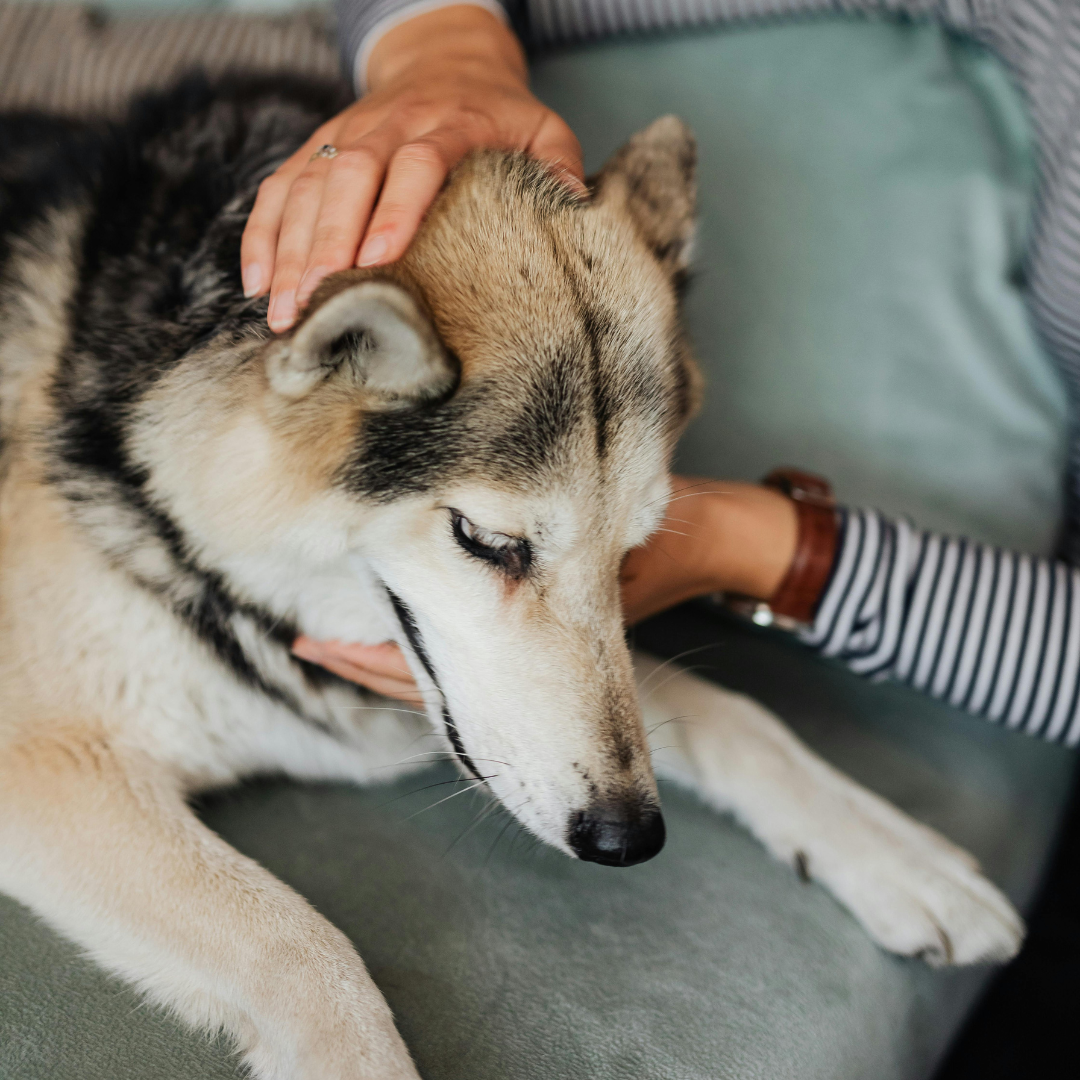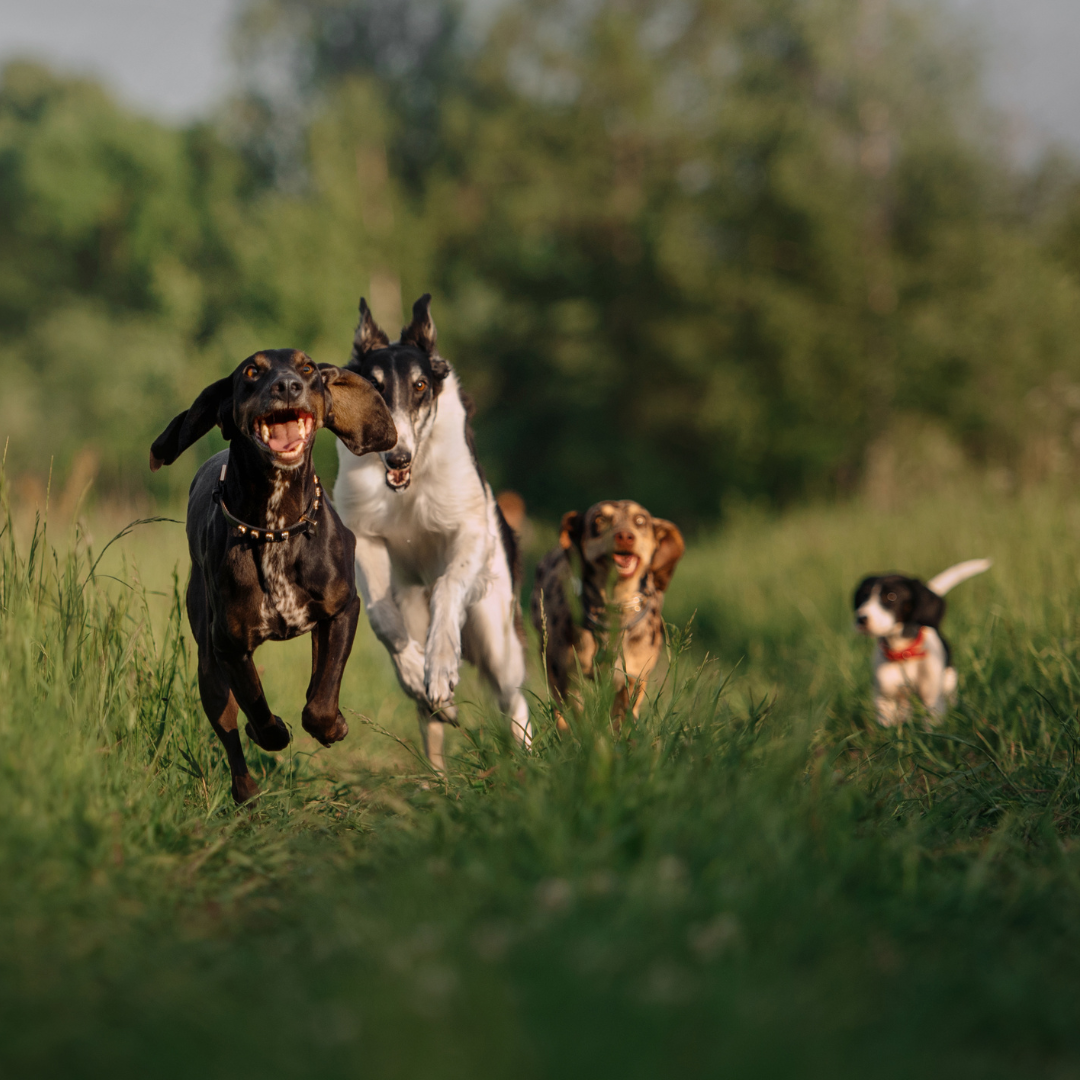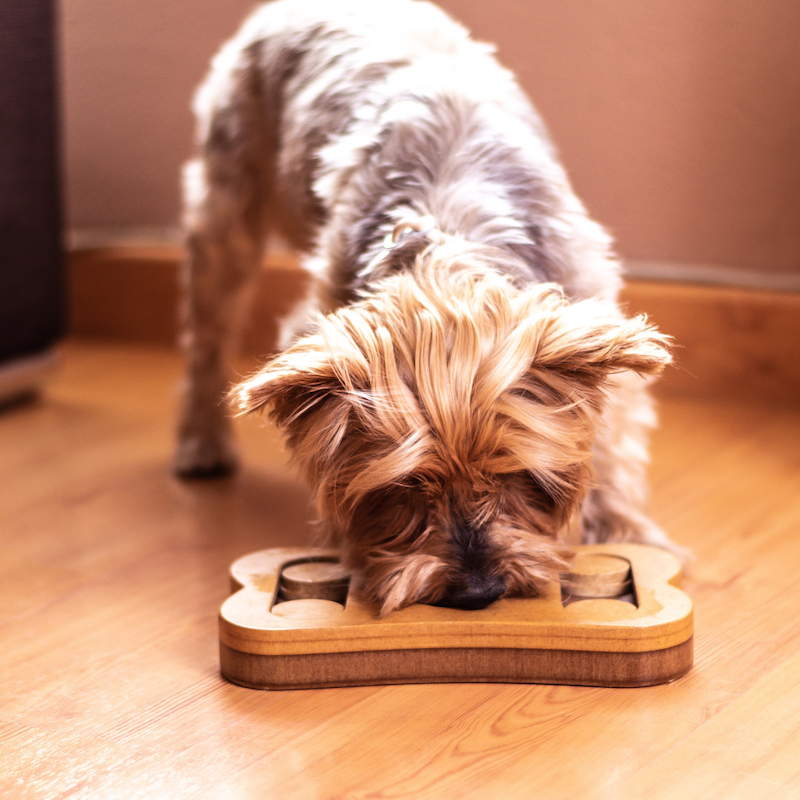What to Do in a Pet Emergency Over the Holiday Period

The festive season is full of excitement, family gatherings, and delicious food, but it can also bring unexpected risks for our furry family members. With many local vet clinics closed or operating on limited hours over Christmas and New Year, knowing what to do in a pet emergency can make all the difference.
Here’s your step-by-step guide to staying calm, acting quickly, and ensuring your pet gets the care they need over the holidays.
Stay Calm and Assess the Situation
Emergencies are stressful, but your pet will take cues from your behaviour. Staying calm helps you think clearly and respond safely.
Start by assessing the situation:
Check breathing and consciousness — is your pet alert or responsive?
Look for visible injuries — bleeding, swelling, or limping.
Notice changes in behaviour — panting, hiding, whining, or aggression can signal pain.
If your pet appears stable, keep them still and quiet while you call a vet for advice. Avoid giving food, water, or medication unless instructed. For severe bleeding, poisoning, collapse, or seizures, move to your nearest emergency vet immediately.
Contact Your Nearest Emergency Vet
If your pet is in distress, don’t wait, contact your closest 24-hour emergency vet. Even during public holidays, emergency hospitals are open around the clock to provide critical care.
Tip: Save your nearest emergency clinic’s phone number in your phone now, so you’re not searching online in a panic later.
When you call, describe your pet’s symptoms as clearly as possible. The emergency team can guide you through what to do next and prepare for your arrival if urgent treatment is needed.
Keep Your Pet Safe During Transport
Transporting an injured or unwell pet can be tricky, so take care to keep them secure and comfortable.
Use a towel or blanket to lift small animals or support injuries.
Place cats in a sturdy carrier.
Keep dogs restrained safely in your car with minimal movement.
Avoid loud noises or sudden motions. Calm driving helps reduce your pet’s anxiety and risk of further injury.
Common Holiday Pet Emergencies
Christmas can be a dangerous time for pets, with plenty of tempting treats and festive hazards around the home. Some of the most common emergencies we see include:
Toxic foods: Chocolate, grapes, raisins, macadamia nuts, onions, and xylitol (sugar-free sweetner) can all be poisonous.
Cooked bones and fatty leftovers: These can cause choking, blockages, or pancreatitis.
Poisonous plants: Lilies and poinsettias are unsafe if ingested.
Stress and noise: Guests, fireworks, and travel can cause anxiety, escape attempts, or accidents. It is important to make sure you have your pets microchip details up to date in case this happens.
Keep decorations, food, and chemicals out of reach, and provide a quiet retreat for your pet away from the noise and commotion.
Plan Ahead Before the Holidays
Preparation is the best way to prevent panic in an emergency. Before the festivities begin:
Save your local emergency vet’s number and address in your phone.
Note your regular clinic’s holiday hours.
Keep a basic pet first aid kit handy with bandages, saline, and gauze.
Have a record of your pet’s medications and medical history accessible.
If you’re travelling with your pet, research emergency vet clinics near your destination and pack extra medication in case of delays.
FAQs: Pet Emergencies Over Christmas
1. What are the signs of a pet emergency?
Difficulty breathing, collapse, continuous vomiting, seizures, or sudden changes in behaviour all require urgent veterinary attention.
2. Can I give my pet human medicine to help?
No. Many human medications are toxic to pets. Never give pain relief or other treatments unless directed by a vet.
3. What should I do if my pet eats something toxic?
Call your nearest emergency vet immediately. If possible, take the packaging or a photo of what they ate to help the vet identify the toxin.
4. Should I wait and see if my pet gets better?
In most cases, it’s safer to seek advice right away. Early treatment often leads to better outcomes.
We’re Here to Help
At Yass Valley Veterinary, your pet’s safety is always our priority. While our team takes a short break over the holiday period, we want you to feel confident knowing help is always available.
Stay calm, act quickly, and remember that emergency vets are available 24/7 to help your pet when they need it most.
From all of us at Yass Valley Veterinary, we wish you and your furry family a safe and joyful Christmas season.





